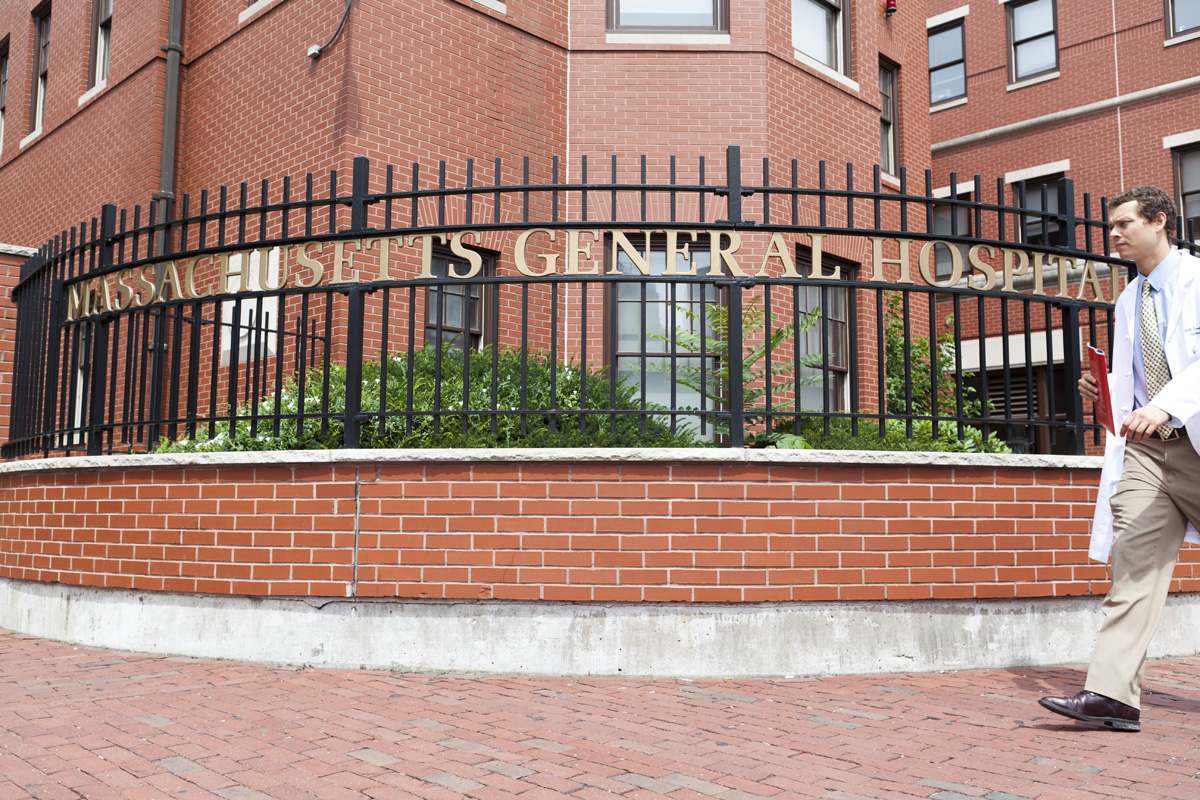Stress Could Actually Kill You, Mass General Study Says

Photo by Meredith Foley
Stress may take a toll on your mind, body, and heart, according to a new study from Massachusetts General Hospital and the Icahn School of Medicine at Mount Sinai.
Researchers observed a strong correlation between activity in the amygdala—the part of the brain activated by stress—and subsequent cardiac events, such as heart attack, stroke, and angina.
Twenty-two of 300 patients monitored in a long-term study experienced such events. Stress-related brain activity seemed to be a major predictor of these cardiovascular issues, even after accounting for other heart disease risk factors. Researchers also observed that the higher the level of activity in the amygdala, the sooner a cardiac event was likely to take place.
The results were corroborated by a complementary study of 13 individuals with post-traumatic stress disorder.
While the connection between stress and cardiovascular problems is nothing new—think of people suffering heart attacks under extreme emotional duress, for example—the study is the first to zero in on why such events happen. The culprit appears to be heightened inflammation in the wake of amygdala activation, according to the researchers.
“Animal studies have showed that stress activates bone marrow to produce white blood cells, leading to arterial inflammation, and this study suggests an analogous path exists in humans,” Ahmed Tawakol, a Mass General cardiologist and lead author of the study, said in a statement. “Moreover, this study identifies, for the first time in animal models or humans, the region of the brain that links stress to the risk of heart attack and stroke.”
Learning more about that chain reaction and confirming its effects on the heart, according to the study, could help doctors prescribe new preventive measures, including stress reduction techniques.
“It would be reasonable to advise individuals with increased risk of cardiovascular disease to consider employing stress-reduction approaches if they feel subjected to a high degree of psychosocial stress,” Tawakol said in the statement, adding that more research is necessary.


